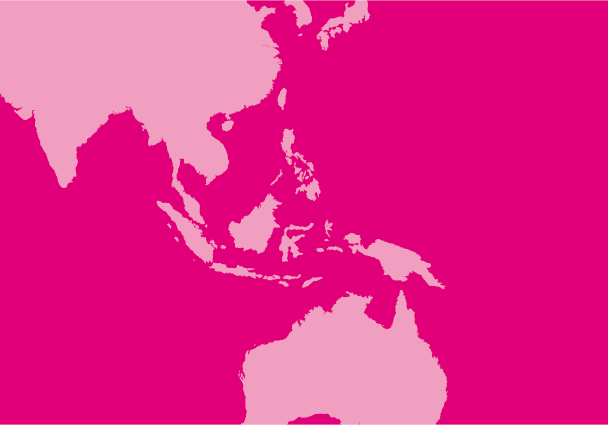Thai authorities should revoke the declaration of Martial Law throughout the country and restore media freedom, the International Commission of Jurists said today.
Under international law, military authorities must strictly limit the duration and geographic and material scope of exceptional measures under Martial Law to avoid violating human rights.
Early today, the Royal Thai Army declared Martial Law throughout Thailand, citing continued protests led by “various groups.”
Martial Law gives the military superior power over civil authorities when it comes to maintaining security and keeping public order. It also gives the military wide-ranging powers, including enlarged powers of arrest and detention without charge and impunity from claims for compensation.
“The imposition of Martial Law today seems like a response to a political impasse, which is not an acceptable ground for such a declaration under international law,” said Sam Zarifi, ICJ Asia-Pacific Regional Director. “The ongoing political protests in Bangkok could have been handled with the emergency laws already in place, so it’s hard to see why the military felt it needed extra powers, and what would justify extending martial law across the whole country.”
International law prohibits emergency measures that would violate human rights. Any measure can only restrict certain rights to the extent strictly necessary to meet a specific threat to the life of the nation.
Under the International Covenant on Civil and Political Rights (ICCPR), to which Thailand is a party, such emergency measures must be limited in duration, geographical coverage and material scope in proportion to the actual threat.
“The big difference between the existing emergency regime in Bangkok and Martial Law is that under the latter, the military assumes ultimate and wide-ranging authority without civilian oversight, which fosters an environment that puts human rights at risk,” Zarifi said. “At the very least, military authorities need to clarify the precise scope and duration of the Martial Law, why its needs to apply throughout the whole country, and which rights it intends to curtail during its imposition.”
The ICJ is also concerned about today’s order to temporarily close at least 10 TV stations, which is not a proportionate response to the current political crisis, and is in breach of its obligations to respect the freedom of expression under article 19 of the ICCPR.
The ICJ calls on the authorities to re-open the stations immediately.
Article 19(2) of the ICCPR provides that: “Everyone shall have the right to freedom of expression; this right shall include freedom to seek, receive and impart information and ideas of all kinds, regardless of frontiers, either orally, in writing or in print, in the form of art, or through any other media of his choice.”
“The military cannot justify shutting down at least 10 TV stations on the basis of protecting national security,” Zarifi said. “International law is clear that any limits to freedom of expression must be as limited and unintrusive as possible—certainly not by shutting down national media, which is clearly disproportionate under international law.”
Martial Law has been in place in Thailand since 1914. Before today’s declaration, it was already in force in at least 30 of Thailand’s 77 provinces but has mostly proven ineffective in addressing violence and unrest in those areas.
Rather, it is well documented that serious human rights violations have been committed pursuant to these powers, including unlawful deaths in custody and extrajudicial killings, particularly in the restive Deep South.
CONTACT: Sam Zarifi, ICJ Asia-Pacific Regional Director, (Bangkok), t:+66 807819002, e-mail: sam.zarifi(a)icj.org
Craig Knowles, ICJ Media & Communications, (Bangkok), t:+66 819077653, e-mail: craig.knowles(a)icj.org
For further reading on ICJ’s work on emergency laws in Thailand see:
Thailand’s Internal Security Act, Risking the Rule of Law? (2010) https://www.icj.org/thailands-internal-security-act-risking-the-rule-of-law/
Implementation of Thailand’s Emergency Decree (2007) https://www.icj.org/thailand-implementation-of-thailand%C2%B4s-emergency-decree/
More Power, Less Accountability: Thailand’s New Emergency Decree (2005) https://www.icj.org/more-power-less-accountability/





